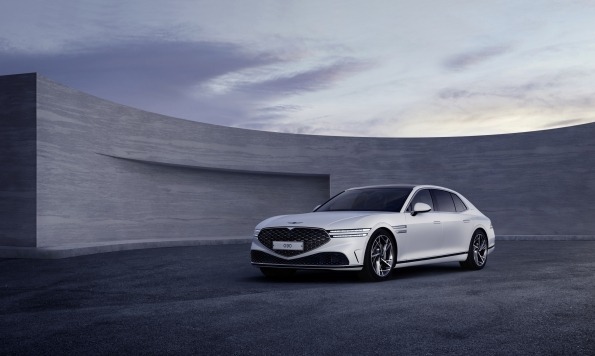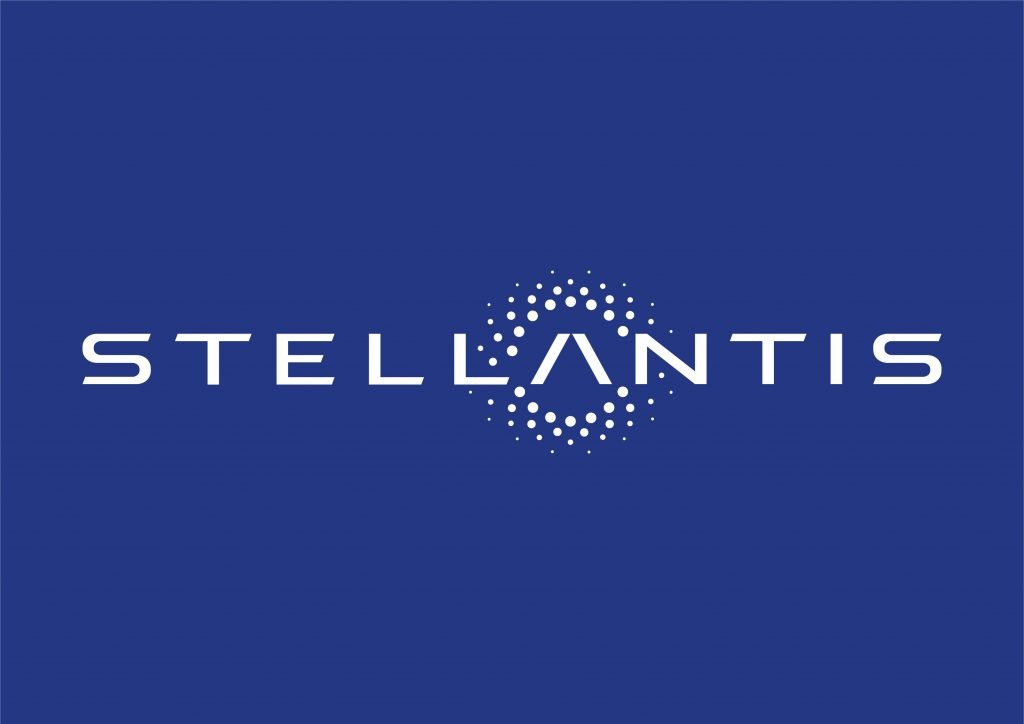Hyundai scales up electric-vehicle business with €14.5 million investment
04 March 2022

Hyundai is scaling up its electrification efforts and is targeting annual sales target of 1.87 million battery-electric vehicles (BEVs) by 2030, the carmaker said during a virtual investor day. The South Korean automotive brand announced it would launch 17 new BEV models by the end of the decade, including 11 Hyundai models and six for its luxury brand, Genesis.
The manufacturer will invest about 95.5 trillion won (€71.3 billion) through 2030, including 19.4 trillion won (€14.5 billion) towards its electric vehicle (EV) business. The Seoul-based carmaker said it aimed to achieve an operating profit margin of 10% or higher in its BEV business by 2030.
Meanwhile, rival Toyota is planning to invest ¥8 trillion (€62 billion) in the electrification of its vehicles by 2030, planning to roll out 30 BEVs by the end of the decade.
Dedicated electric-vehicle production
During the investor day, Hyundai revealed it would also consider adding a new dedicated BEV production facility. The carmaker’s main electric-vehicle manufacturing sites are located in South Korea and the Czech Republic, with Hyundai planning to gradually expand its manufacturing capacity. Its Indonesian plant recently kicked off operation, with production there helping the company increase its car production volume.
‘Hyundai is successfully accelerating its transition to electrification and becoming a global leader in EVs despite a challenging business environment caused by the global chip shortage and ongoing pandemic,’ said CEO Jaehoon Chang. ‘Along with our seamless efforts to improve EV value, Hyundai Motor will continue to secure its business sustainability as a “mobility solutions provider” through advanced technologies of not only hardware but also software.’
With Hyundai pushing for more EVs, its focus has shifted to securing battery supply via strategic partnerships in major EV hubs, including in the US. Through these alliances, the automaker expects to source more than half of its next-generation lithium batteries for its electric cars, starting in 2025. At the moment, it has secured enough batteries to meet sales targets until 2023.
Hyundai is also interested in the latest car battery technology, such as solid-state batteries, and is cooperating with partners to improve energy density and cost efficiency. Seen as a game-changer, these batteries store more energy and charge faster compared to their more conventional counterparts. Earlier this year, the OEM struck up a partnership with US-based quantum computing firm IonQ to study lithium compounds and improve performance, cost, and safety of EV batteries. In 2022 Hyundai has extended its partnership with IonQ to apply quantum computers to improve autonomous-driving tech, specifically quantum machine learning for 3D object recognition of roadway objects.
Autonomous technology
As Chang alluded to during the investor day, other key investment areas for the company are software and hardware, as well as autonomous technology. The carmaker wants to introduce an Integrated Modular Architecture (IMA), which will be used as its passenger BEV platform to streamline production and cut costs. The IMA standardises the chassis, battery system and motor, helping to improve driving range.
Hyundai is also preparing for over-the-air (OTA) updates to new vehicles, due to launch at the end of 2022, with plans in place to expand it to all Hyundai cars by 2025. When it comes to autonomous driving technology, its Highway Driving Pilot, an SAE Level 3 autonomous driving function, will be applied to the Genesis G90 later this year.
‘Hyundai will achieve software transformation by expanding the business areas of mobility, connectivity and other services based on data, and enhancing software competitiveness. To do so, the company will establish specialized centres of excellence for software development in Korea and abroad,’ the company said.



